Every year, the Ojude Oba festival in Nigeria unfolds like a vibrant tapestry, weaving together tradition, modernity, and a celebration of cultural identity. It is a spectacle that not only captivates the attendees but also draws attention from around the globe.
In recent years, this festival has witnessed a significant transformation, becoming more than just a local event but evolving into a symbol of cultural pride and inclusivity. From iconic images that grace social media to the participation of celebrities and diasporans, Ojude Oba has grown in both scale and significance.
One cannot ignore the visual spectacle that defines Ojude Oba. Each year brings forth new faces that embody elegance and grace, adding layers to the rich tapestry of this cultural extravaganza. As Farooq Oreagba was hailed as the “King of Steeze” for his charismatic presence last year, Morenike Osifeso claimed her own spotlight this year with her undeniable warmth and composure.
Women have taken on increasingly visible roles at the festival, breaking away from traditional norms seen in other Nigerian cultural events. From elegantly riding horses to showcasing intricate aso oke designs, women like Princess Adesile have become integral to the fabric of Ojude Oba. Their participation not only honors tradition but also highlights how culture can evolve while staying true to its essence.
In an exclusive interview with BellaNaija, Farooq Oreagba noted how younger generations are showing keen interest in cultural heritage. This reflects a broader trend where countries worldwide are leveraging their cultural exports for economic growth and global recognition. The fusion of tradition with modernity at events like Ojude Oba serves as a testament to the enduring appeal of heritage in a rapidly changing world.
However, with increased popularity comes concerns about authenticity and preservation. While it is heartening to see global interest in events like Ojude Oba, there is a fine line between genuine appreciation and performative engagement. Critics fear that commercialization and celebrity influence could overshadow the intrinsic rituals and meanings that define this festival.
The delicate balance between growth and preservation is now at the forefront of discussions surrounding Ojude Oba’s future trajectory. How can organizers ensure that as it gains international acclaim, its core values remain intact? Can they navigate the waters of mainstream appeal without losing sight of its roots?
As cultures continue to evolve in response to changing times, festivals like Ojude
Oba serve as living embodiments of resilience and adaptation. By welcoming diverse participants while safeguarding age-old traditions, they create spaces where past meets present in harmonious coexistence.


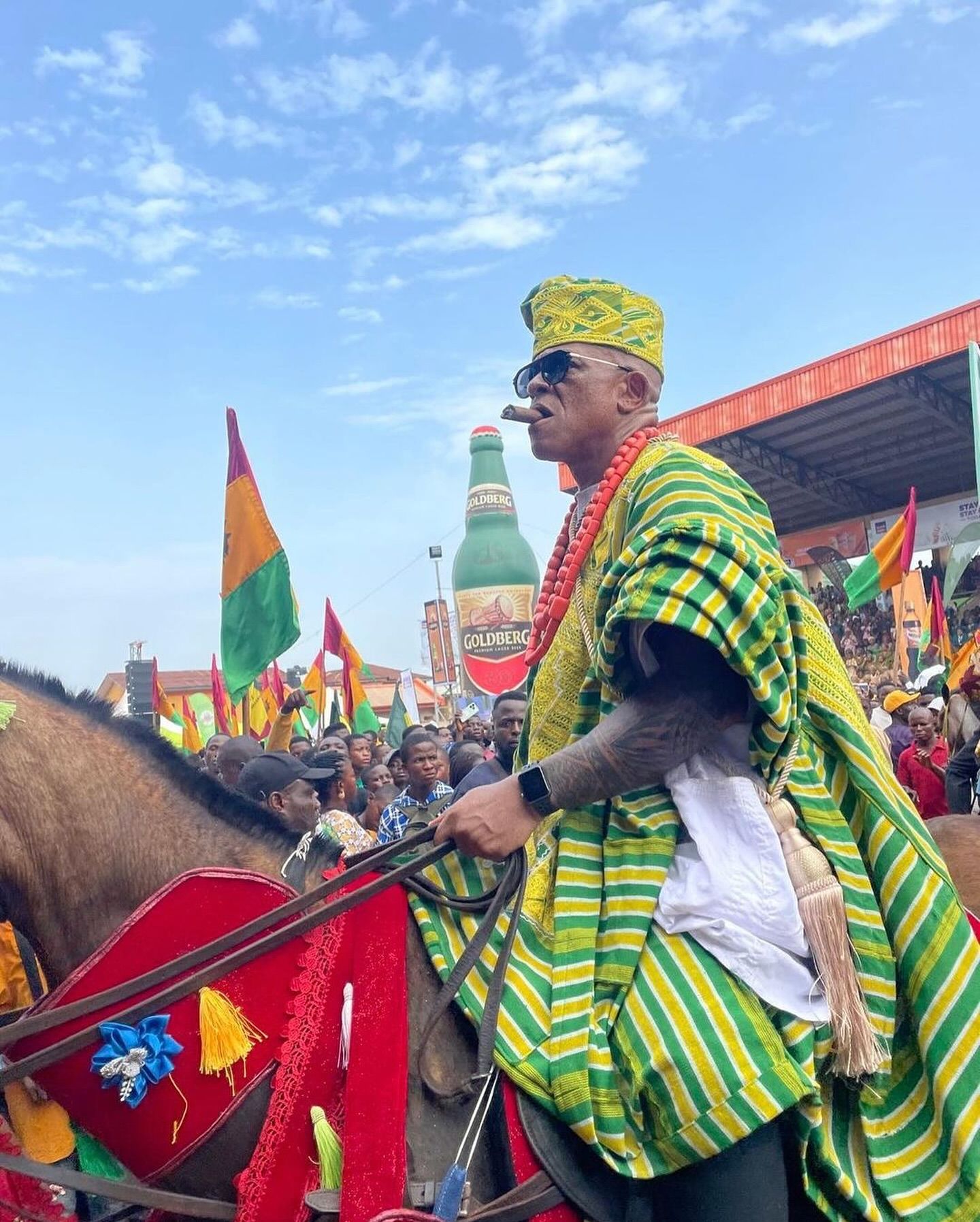
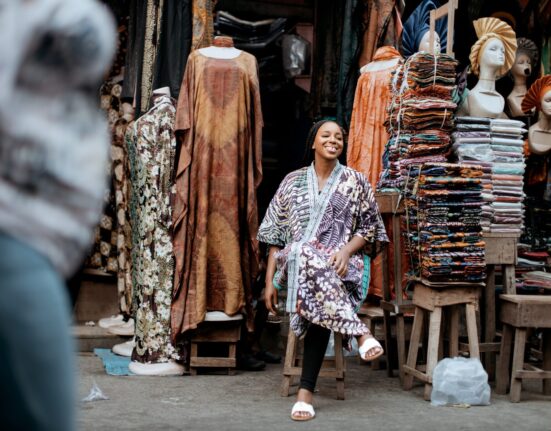
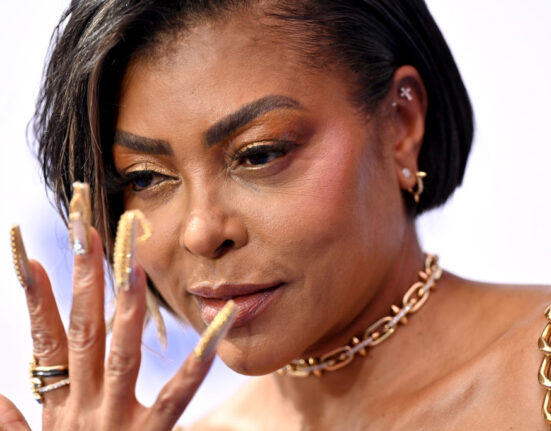
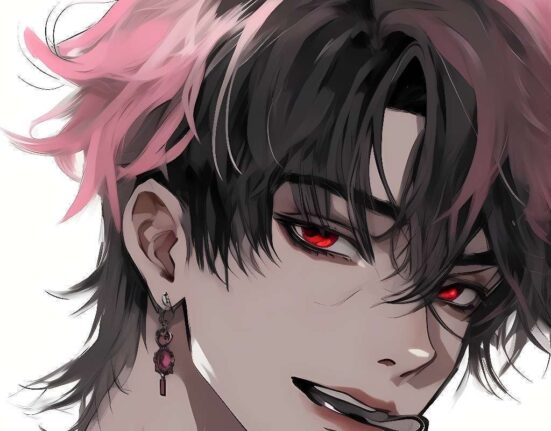

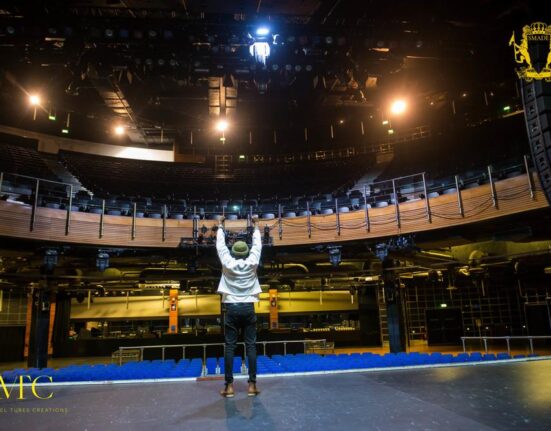
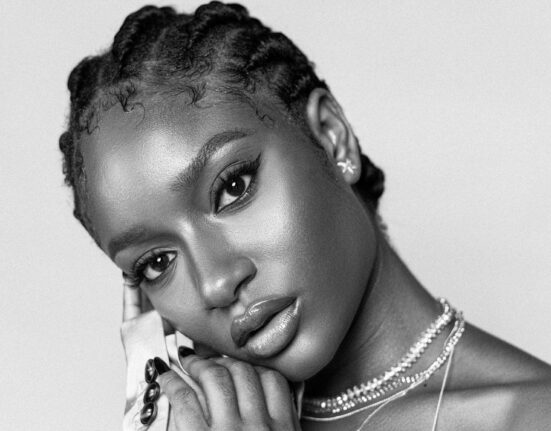
Leave feedback about this